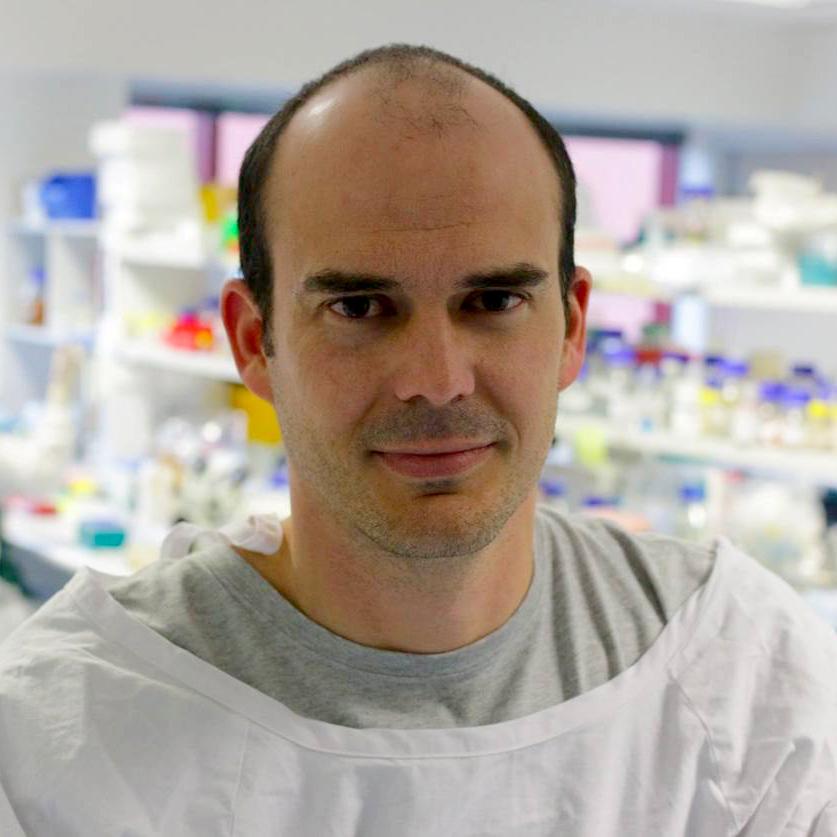Drug resistance of malaria parasites
Characterise drug sensitivities and resistance mechanisms of different malaria parasite species with an honours project in the Research Centre for Infectious Diseases.
Resistance to our best antimalarial drugs is spreading and new drug treatment strategies are urgently needed. Producing drug resistant parasites in the laboratory can give us insights into:
- how malaria parasites become resistant;
- whether resistance mechanisms provide the parasite protection against different drugs; and
- whether these resistance mechanisms incur a fitness cost and can be maintained in the parasite population in the absence of drug pressure.
This project will select malaria parasites for drug resistance in vitro and characterise the resulting parasite drug sensitivity against a range of relevant antimalarials.
A panel of drug resistant Plasmodium falciparum strains and the distantly related P. knowlesi parasites will be selected and characterised at a drug sensitivity and DNA level. Drug screens will be undertaken using standard and life-cycle stage specific in vitro assays available in the Wilson Laboratory (Wilson et al. BMC Biology, 2015; Wilson et al. Antimicrob Agents & Chemother, 2013; Nguyen et al. Eur J of Med Chem, 2018).
Drug resistance mutations will be determined using PCR amplification and sequencing of target regions, whole Genome sequencing, proteomics or metabolomics as appropriate.
Study malaria parasites
The Wilson Laboratory is in the Research Centre for Infectious Diseases, a leading centre for infectious diseases research nationally, which provides access to diverse expertise, equipment and student support that will enhance your honours studies.
Gain important research skills
This project will provide you with the following skills:
- In vitro culture of malaria parasites and purification of their lifecycle stages.
- Design and application of high throughput drug screens using flow-cytometry and fluorescent plate reader end points.
- Immunofluorescence microscopy leading to characterisation of cell death.
- Long term culture of drug treated lines to develop resistance and identification of resistance mutations through molecular biology techniques.
- Proteomic analysis of drug treated cultures to identify likely targets of drug activity.
This project may involve travel to work in the laboratory of local and interstate collaborators to gain the skills necessary to complete this multidisciplinary study.

Supervisors
Co-supervisor: Dr Sonja Frölich
Research area: Malaria parasites - Research Centre for Infectious Diseases
Recommended honours enrolment: Honours in Molecular and Biomedical Science
